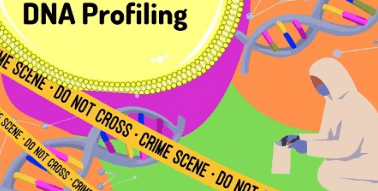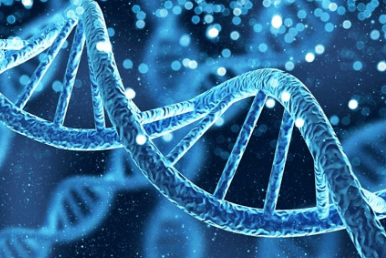Learning Through Art: Dna Profiling

The intersection of Learning Through Art: Dna Profiling and science presents a profound opportunity to deepen understanding of complex subjects, such as DNA profiling. By employing artistic methods to visualize genetic data, students not only grasp the scientific principles behind DNA analysis but also explore its societal implications, including forensic applications and paternity testing. This approach raises important questions regarding ethics and the impact of genetic technologies on identity and heritage. As we consider the transformative potential of this interdisciplinary methodology, one must ponder: how can creative expressions reshape our perceptions of genetics and its role in contemporary society?
Read also: Art:5u_Fvrikxl0= Bauhaus
The Science of DNA Profiling
The science of DNA profiling has revolutionized the way we understand genetics and its applications in various fields, particularly in forensic science and paternity testing.
By analyzing unique genetic markers, forensic analysis can accurately identify individuals involved in criminal cases or establish familial relationships.
This powerful tool not only enhances justice but also empowers individuals to reclaim their narratives and explore their biological heritage.
Artistic Approaches to Learning
Exploring the intersection of creativity and education reveals the profound impact of artistic approaches to learning.
These methods, rooted in visual expression, foster an environment where students engage in creative exploration. By integrating art into curricula, educators inspire critical thinking and self-discovery, allowing learners to transcend traditional boundaries.
This dynamic interplay cultivates a passion for knowledge, enriching the educational experience significantly.

Ethical Considerations in Genetics
Navigating the complex landscape of genetics brings forth a myriad of ethical considerations that demand careful scrutiny and reflection.
Central to this discourse are issues of Learning Through Art: Dna Profiling and informed consent. Individuals must be empowered to make conscious choices about their genetic information, ensuring freedom and autonomy while safeguarding against potential misuse.
As we advance in genetic technology, ethical vigilance remains paramount.
Real-World Applications and Impact
Numerous real-world applications of genetic advancements are reshaping fields such as medicine, agriculture, and forensics, showcasing the profound impact of these technologies on society.
In forensic investigations, DNA profiling aids in solving crimes and exonerating the innocent, while genetic ancestry research connects individuals to their heritage, fostering a deeper understanding of identity and freedom.
These innovations empower communities and redefine justice.
Read also: Clip Art:-Ucwm945edy= Check Mark
Conclusion
In conclusion, the captivating confluence of Learning Through Art: Dna Profiling and science cultivates a deeper comprehension of DNA profiling. Through artistic expression, intricate insights into genetic intricacies emerge, enhancing educational engagement and ethical awareness. This dynamic dialogue between disciplines not only demystifies the complexities of genetics but also underscores the significant societal impacts of advancements in DNA technology. Ultimately, such an interdisciplinary approach paves the path for passionate pursuits in both scientific and artistic realms, fostering future innovations and informed citizens.





